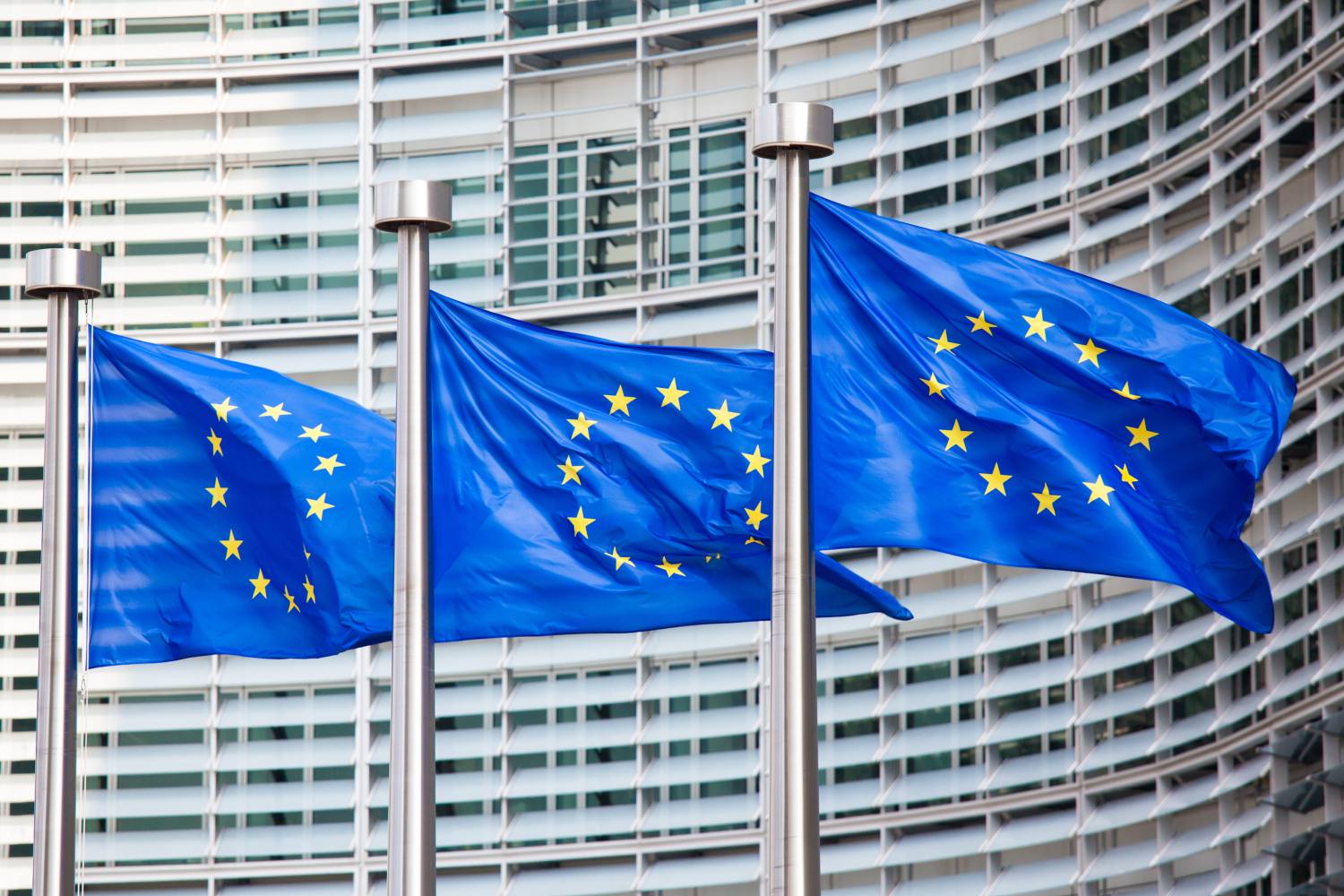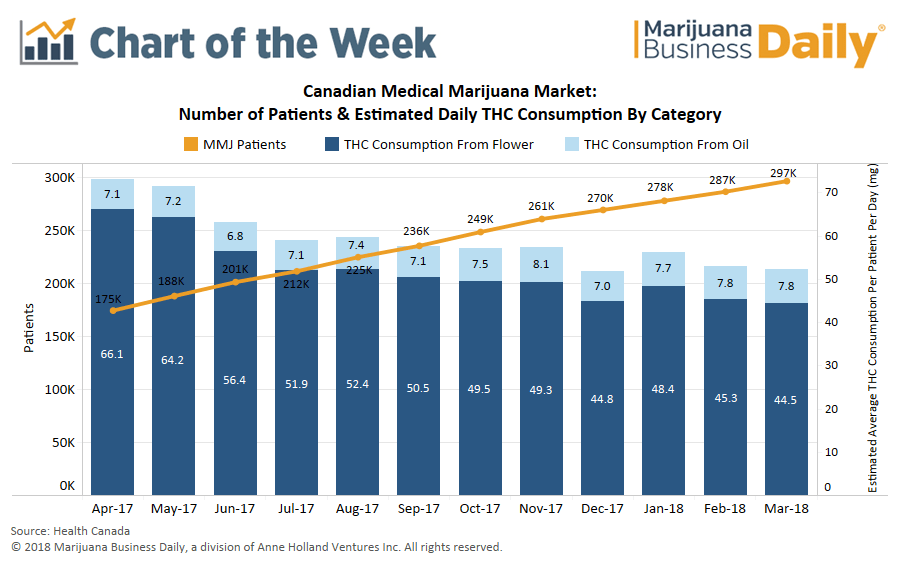While there are a lot of predictions about the direction of the EU cannabis market, one thing is certain: A fair share of marijuana will be crossing multiple European borders in the near future.
That’s because many countries in Europe are relying on imported medical cannabis to support their markets. This dynamic is creating immense opportunities for businesses in Canada and other countries – including some in Europe – that can export medical cannabis.
Here’s some advice for cannabis companies hoping to tap into this market:
1. Don’t focus just on Germany (no matter how tempting).
The German market is hard to ignore, given its size, potential and the structure of its MMJ program (medical cannabis is covered under its health insurance system). For these reasons, the country’s moves to pave the way for domestic cultivation – which will reduce its reliance on exports – isn’t cause for concern.
“We are in the process of building multiple medical cannabis production facilities in other countries in Europe to support the rapidly increasing demand in the German market and in other European countries.”
However, developments in Germany will impact almost every other exporting market for several years – at least.
Smaller or newer players have the best opportunities in niche markets within the medical space – in many different countries.
Tilray’s Portuguese facility is slated to come online any day. Aurora Cannabis also has strategic grows in operation across the continent, and the Alberta-based company’s first harvests may have already entered the EU production pipeline.
2. Look for established narcotics distributors.
Every European country has its own market peculiarities – and Germany has more than its share.
For example, a single owner can run no more than three pharmacy locations in Germany (although there are a few “four apotheke” chains in the country). And online pharmacy sales are not allowed for prescription drugs – though that option is on the radar.
The supply chain also still fulfills many of its orders by fax.
The result is a market that is fractured, complicated, disconnected and highly regulated. That is just the beginning.
“It is not uncommon to see the same pharmacy chains being shopped for by several different parties,” said Amanda de Freitas, CEO of Toronto-based Cannaceutical Canada.
“Those purchasers with exclusive supply contracts and money on the table are being given first priority in accessing any current and up-and-coming global supplies of GMP certified medical cannabis.”
In a strange new world for foreign cannabis companies, established pharmaceutical distributors with large footprints across each country – or at least in every province or state – will help sort out the peculiarities in local laws and licensing.
In Europe, cannabis is being slotted into the regular medicine licensing schemes. No special dispensaries; bank accounts allowed. So, finding partners can be done through standard business channels, such as local chambers of commerce.
3. Get creative; no advertising allowed.
Pharmaceuticals, in general, may not be advertised in Europe to patients and only in highly limited ways to doctors.
That applies doubly to any medical-grade cannabis product.
This makes the traditional rulebooks and techniques of North American brand managers basically useless.
“Market education is critical,” said Stephen Murphy, managing director of United Kingdom-based Prohibition Partners, an advisory and investment group. “Access to patients and doctors is very difficult and limited. However, there is a huge demand.
“Distributors and producers have to get involved in creative ways.”
That may mean companies must focus on how packaging highlights their differences – as basic as that may sound, it’s often overlooked. Or sponsoring conferences on the continent.
4. Sponsor medical trials and conferences.
Be prepared to reroute those advertising dollars into euro-denominated medical trials and other efforts that can get products into the market and in front of patients and doctors.
By definition, purpose and legislation, this is a generic, bulk-buy, preapproval region, designed to be affordable and accessible to large portions of the population. The price of most of the drugs that enter Europe (about 60%) are prenegotiated at the beginning of every year with the national governments.
Cannabis, however, falls outside this category, like all other new pharmaceuticals entering the market.
In general, generic drugs will have faster access to the market, because of the lower price point.
Cannabis also falls into the category of required preapproval from health insurers after a prescription is written, slowing the process for getting it into the hands of patients.
Backing a European-based trial is a good way to reach the broader public; the European Medicines Agency publishes results and helps create a medical reason for opening the market.
5. Find Europe-based partners.
As with most cases involving entering new markets, finding a local partner can help give your company a boost. They have a better understanding of local laws and customers and can help get your products where they need to be.
Look for GMP-certified producers on the “edges” of Europe, or near to it, such as Portugal or the Balkan states. These markets tend to offer cheaper production and are well placed to provide product at the certification grade Europe requires.
“Because of the standard that Europe has implemented for medical marijuana, we feel that early adopters will be at the forefront of this industry,” said Vancho Tolomanosi, co-founder of NYSK Holdings in Macedonia.
Having implemented these standards from the start gives the company “a real advantage in the space,” Tolomanosi added.





